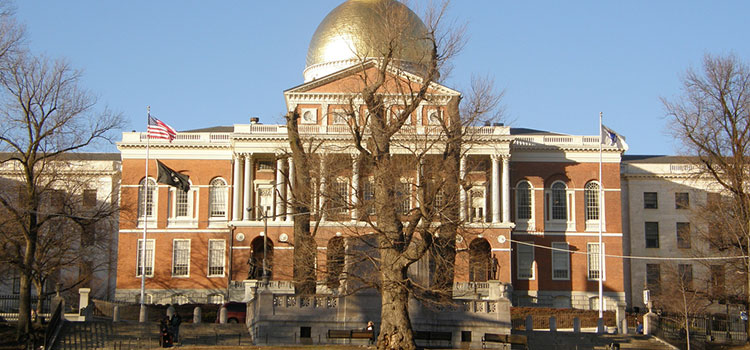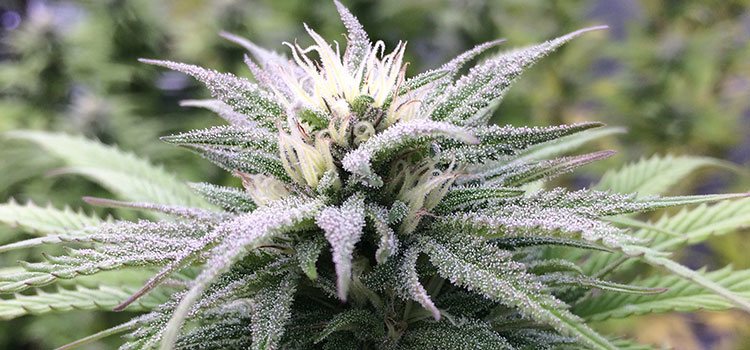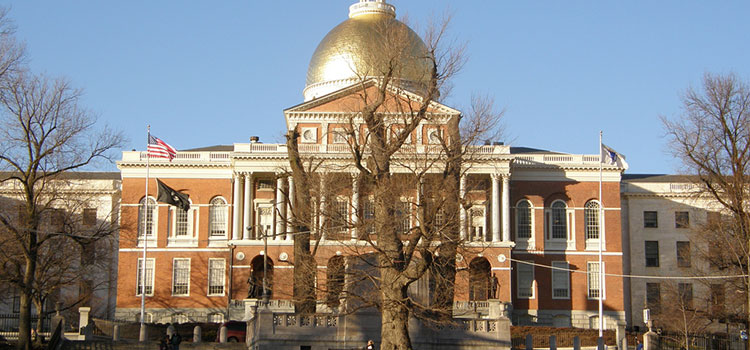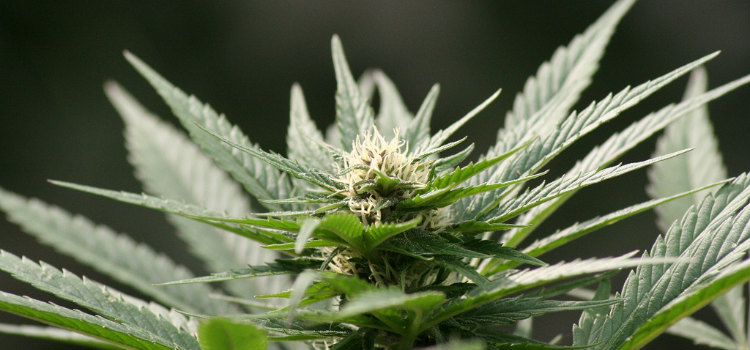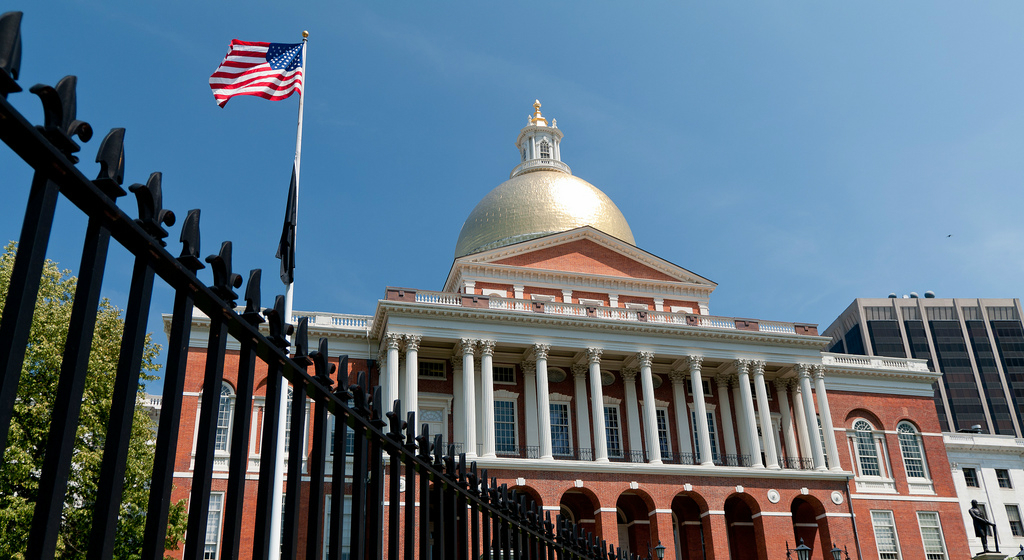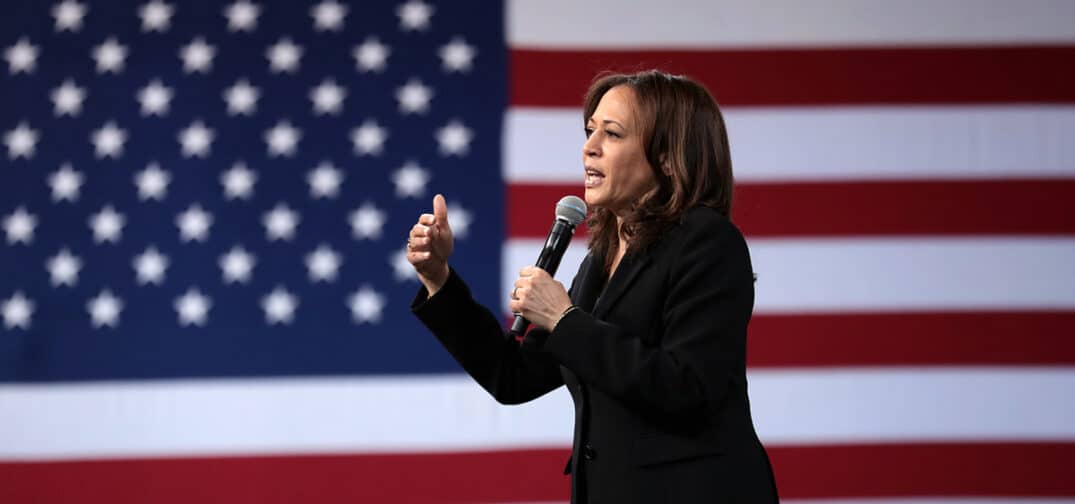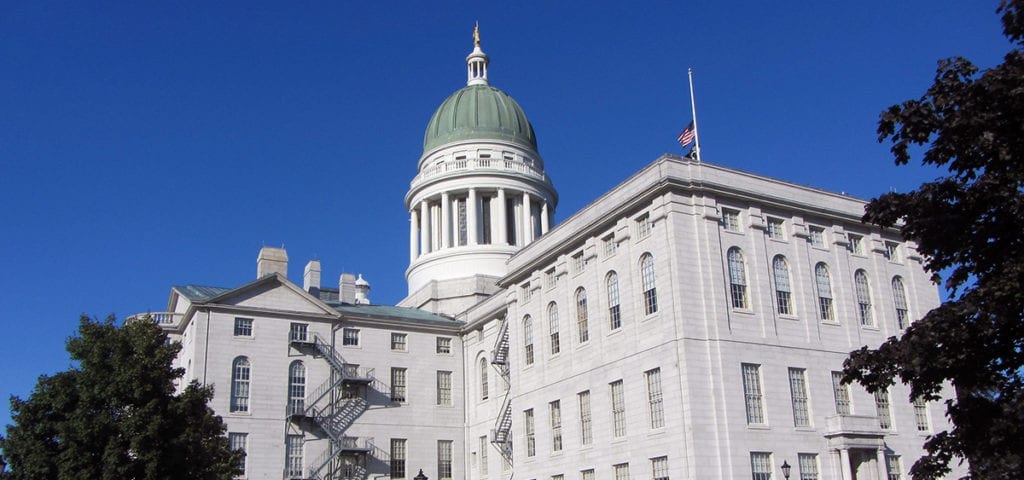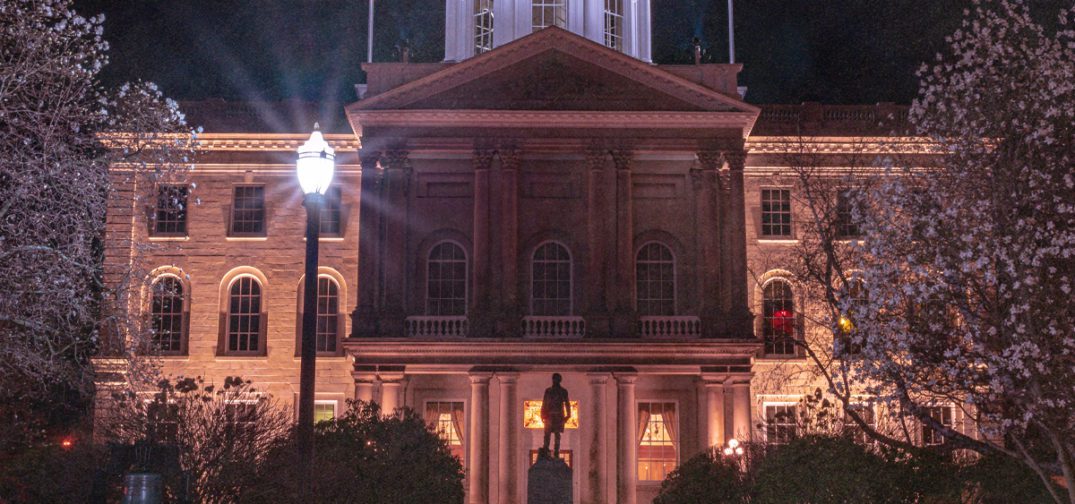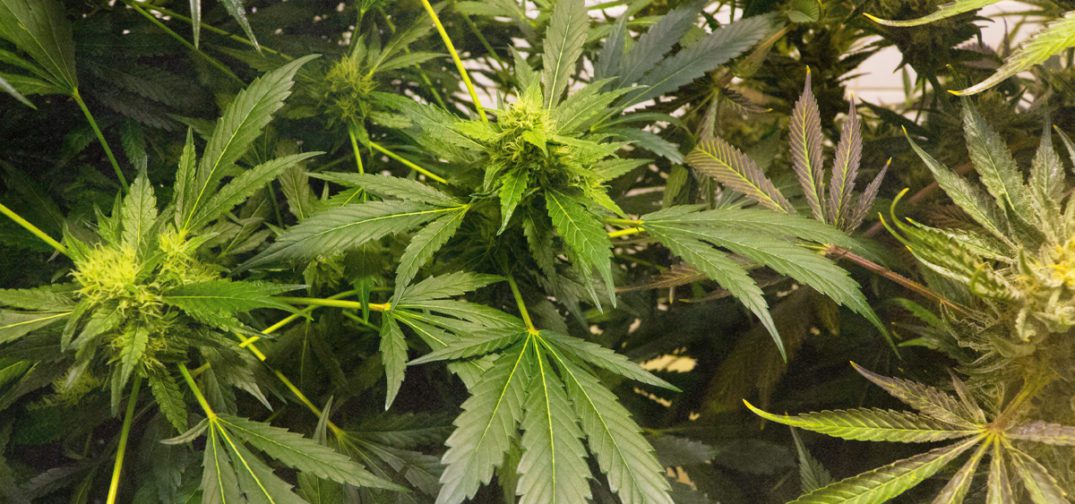Nashville, Tennessee, August 23rd, 2023 – Big Plan Holdings (BPH), a diversified family holding company with cross-sector investments in cannabis, real estate, music, entertainment, professional sports, and hospitality, has announced a strategic partnership with Tennessee-based Evelyn Capital to acquire the 1.25 acre, Monaca, Pennsylvania ‘Ascend Wellness Holdings’ AWH – (CSE;AWWH.U;OTCQX;AAWF) vertically integrated medical cannabis retail operation.
The acquisition expands upon the regional footprint and suite of services of Big Plan Holdings (BPH) in partnership with one of the nation’s leading multistate operators (‘MSOs’), publicly traded on the Canadian Stock Exchange.
In commenting on the acquisition of the tenant retail building located in Monaca, Pennsylvania, totaling $3.25 million, Josh Joseph, Co-Founder and CEO of Big Plan Holdings, stated that, “We are pleased to partner with fellow Tennessee-based and entrepreneurial real estate and investment firm, Evelyn Capital, in this exciting acquisition in Pennsylvania, further expanding our Northeast regional push and doing so with such an impactful brand as Ascend Wellness Holdings. AWH is tactically positioned to continue its dynamic trajectory in the cannabis space; a vertically-integrated operator with a footprint in seven of the most attractive states in the country for the industry. They are one of the stronger operators in the industry and BPH has long been a strong supporter of AWH and their management team.”
Founded in 2018 and presently hosting assets in Illinois, Michigan, Maryland, Ohio, Massachusetts, New Jersey and indeed Pennsylvania, Ascend Wellness Holdings owns and operates state of the art cultivation facilities, grows award-winning strains, and produces a curated selection of cannabis products.
Taylor Preston, Principal at Evelyn Capital, added that, “We share the enthusiasm of our partners at Big Plan Holdings in the announcement of this strategic acquisition, executed with a significantly increased cap rate, in large part due to BPH’s longstanding relationship with Ascend Wellness Holdings, but one example of the conducive environments for growth which BPH creates for their partners.”
The timing of this announcement is fortuitous; on Thursday, August 17th, 2023, five U.S. State Senators introduced Senate Bill 846, bipartisan legislation aiming to legalize the recreational use of cannabis for Pennsylvanians 21 years of age and older.
Eric Russell, Chief Investment Officer (CIO) at Big Plan Holdings, added that, “We are pleased to bring our experience and resources at this timely juncture to Pennsylvania and on the sidelines of the liberalization of the state’s marketplace. With combined commercial real estate (CRE), development and transactions totaling $2.5 billion from inception to present date, with transaction locations in upwards of 40+ states, our success lies in our vigilance and versatility – in seeking out mutually beneficial partnerships that allow for greater market penetration opportunities, service delivery, and sustainable business growth.”
About Big Plan Holdings
Big Plan Holdings (BPH) is a Nashville, Tennessee-based family-office, directed by Josh, Tara, Sydni, and Sophie Joseph, with diversified investments in cannabis, real estate, music, entertainment, professional sports, fashion, and hospitality, among myriad strategic investments across the United States and internationally.
BPH also hosts a philanthropic family foundation, The Joseph Family Foundation, with several different touch points of thematic, statewide, national, and global focus.
For more information, please visit http://bigplanholdings.com.
